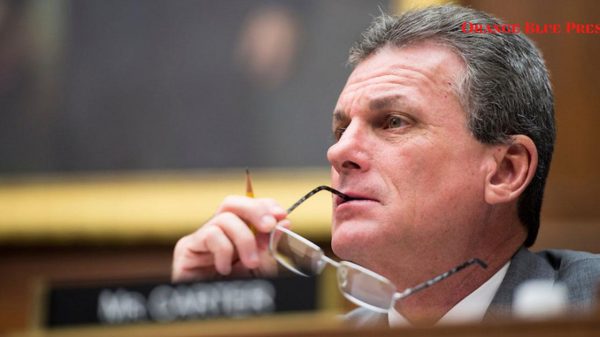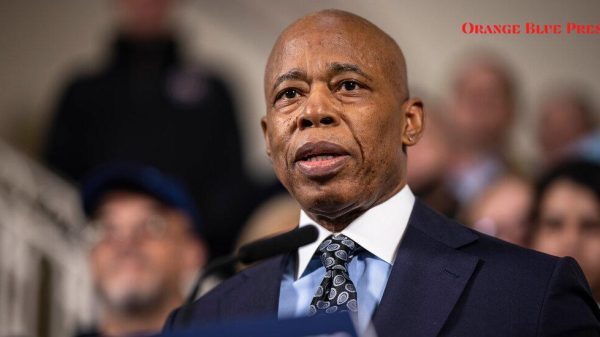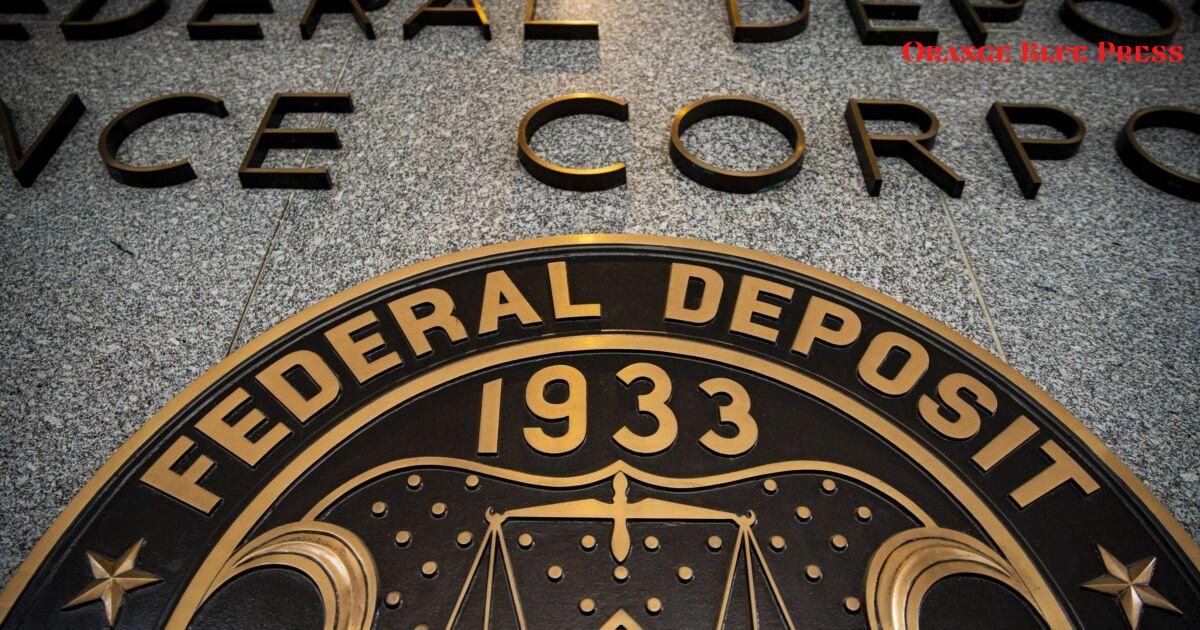The evolving world of digital banking is buzzing with news, especially around the FDIC, which stands for the Federal Deposit Insurance Corporation. In recent discussions, the FDIC has come into focus due to its role in regulating cryptocurrency and the complexities surrounding digital banking. Recently, the agency faced intense scrutiny during a hearing that hinted at potential sanctions for its involvement with crypto. This development reveals significant gaps in how the FDIC manages and oversees this rapidly changing financial sector.
A Critical Hearing and Warning
In a lively hearing, regulators and industry experts looked closely at the FDIC’s actions regarding crypto banking. The strong warning about possible sanctions pointed to concerns over how well the FDIC can keep track of the fast-paced changes in the cryptocurrency world. Cryptocurrency, which many young people know about, is like digital money that operates online. It’s important that institutions like the FDIC help protect consumers from potential risks associated with crypto.
Understanding the FDIC’s Role
The FDIC is best known for insuring deposits in banks, which means it helps keep people’s money safe. If a bank fails, the FDIC ensures that customers get their hard-earned cash back, up to a certain amount. However, as digital currencies grow in popularity, an effective regulatory framework becomes essential. Many are asking if the rules governing traditional banking are enough to cover the unique challenges presented by digital currencies. The recent hearing made it clear that modernization of these rules is urgent.
The Fallout of The Crypto Hearing
Moreover, during this hearing, it was suggested that the use of sanctions might be on the table for the FDIC if changes aren’t made. This situation has raised eyebrows among users of financial services and bank customers who want to be sure their deposits are safe, especially in an era where financial fraud is on the rise. People, including young adults who are curious about crypto, need to understand the importance of these regulations in keeping their money secure.
The Shift in FDIC Management
In a significant twist, the FDIC board could see a shift in how it operates. The recent resignation of Rohit Chopra, the director of the Consumer Financial Protection Bureau (CFPB), means there might be moves to reduce the FDIC board’s size from five members back to three, as it was before certain laws changed. Such a change might alter how the FDIC approaches managing risks in both traditional and digital banking platforms.
A Historic Opportunity for Change
This scenario presents an opportunity for the FDIC to regroup and refocus on its core mission. By potentially streamlining its board, the agency can reduce political influences and enhance its ability to ensure the safety and soundness of banks across the country. This shift could be vital for helping people, especially younger customers who rely heavily on online banking, feel secure with how their funds are handled.
Looking Ahead: What This Means for Consumers
As changes unfold, consumers will want to stay updated on how these regulatory shifts directly impact their banking experiences. From ensuring their digital currency holdings are safe to understanding new rules that might emerge from these hearings, it’s essential for everyone, especially those between 10-12 interested in finance, to be aware of how their money is being protected.




















